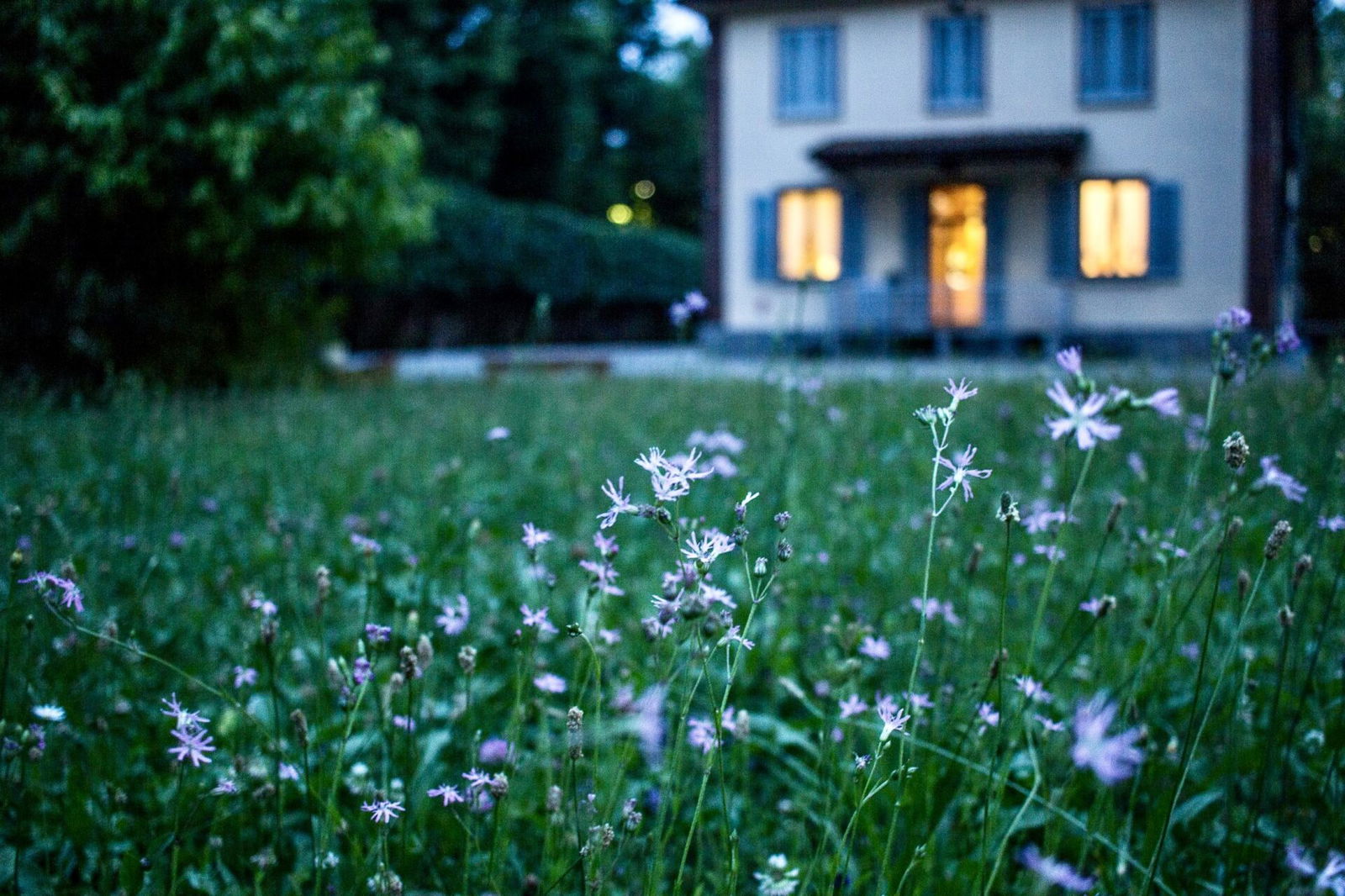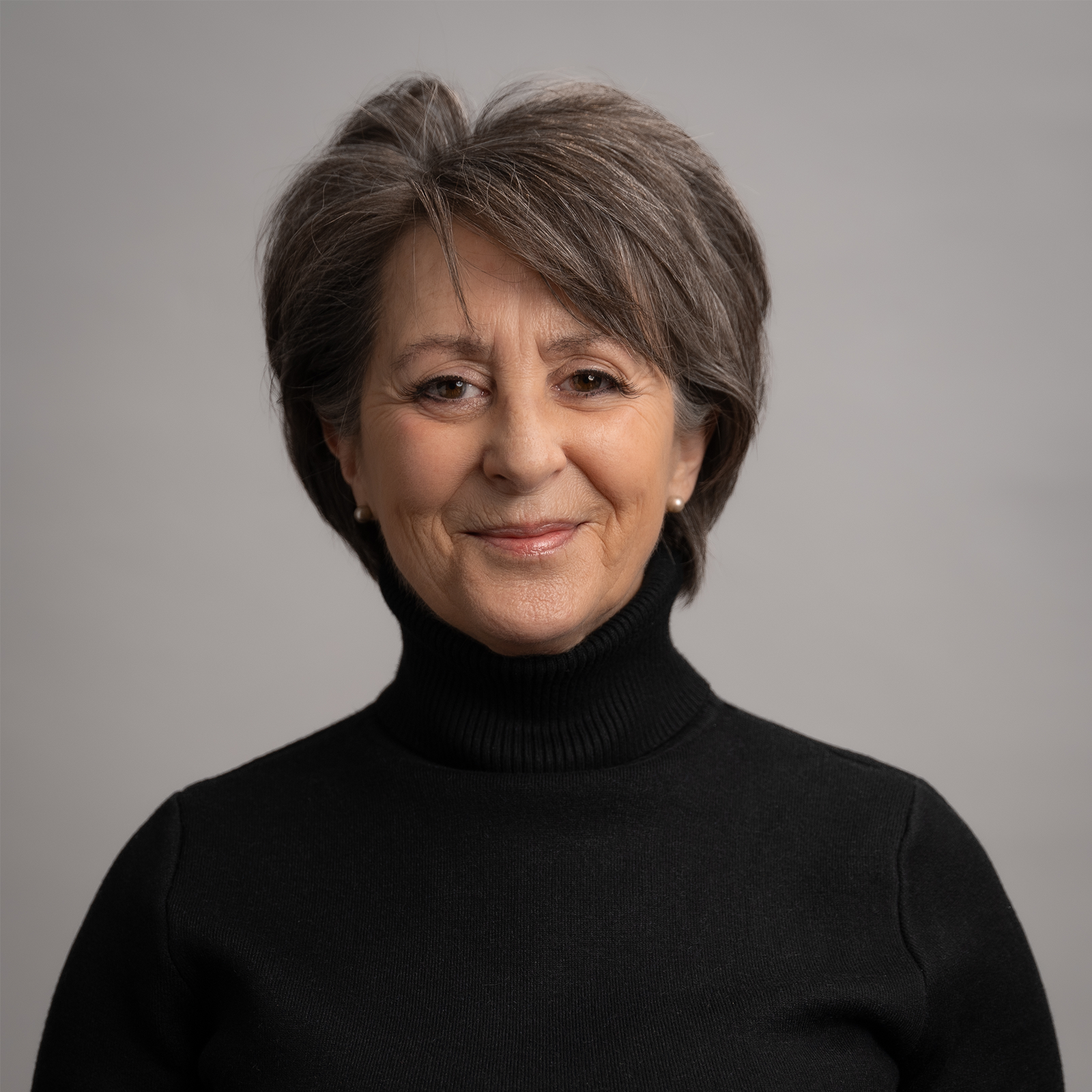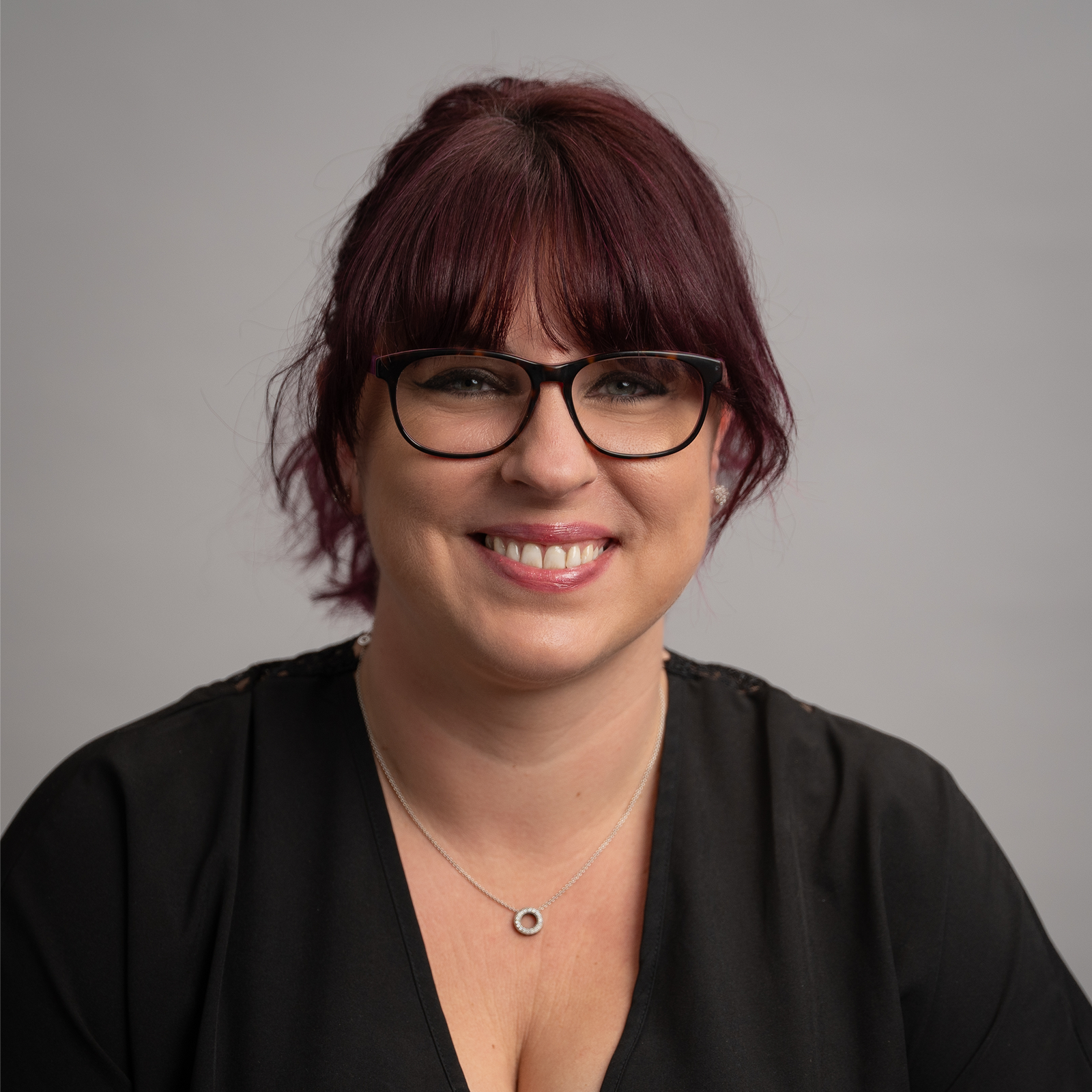
What Is a Death Cafe?
Written by Emily Cross.
14 minute read

Written by Emily Cross.
14 minute read
Imagine a space where people are gathering over coffee and cake—not to talk about the weather or last night’s telly, but about death. Though it may sound a bit peculiar, a ‘Death Café’ is just that. What might seem like the kind of meeting you’d prefer to avoid, these gatherings are anything but morbid. Instead, they’re spaces filled with life, where people meet to share thoughts, questions, and stories about one of humanity’s universal experiences: mortality.
You may be here to find an answer to the question ‘what is a Death Café?’ because you’re navigating a difficult time in your life, and you’ve heard that these gatherings can be a positive way to explore topics of death and grief in a safe, constructive atmosphere. We hope this article can provide some useful insight into what these meetings consist of, who offers them, and what you can expect, should you choose to attend one.

A Death Café is an informal and welcoming space where people come together to discuss death, dying, and related topics openly. At first, the idea may raise eyebrows. Why discuss such a serious subject in a setting that feels more suited to a casual outing? Yet, that’s precisely the point. Death Cafés aim to normalise talking about death and dying, making these conversations more approachable and demystifying the topic. Through open dialogue, they offer a unique opportunity to confront fears, deepen understanding, and even find comfort in the connections shared.
The concept was pioneered in 2011 by Jon Underwood in the UK, inspired by the ideas of Swiss sociologist Bernard Crettaz. Underwood envisioned Death Cafés as spaces to open up conversations about death and dying, and to help participants explore their thoughts and feelings surrounding mortality in a supportive environment. They are judgement-free zones where the only agenda is to listen and share.
Death Cafés are designed to foster open dialogue in a casual setting. By removing taboos around death, these gatherings encourage attendees to reflect on their own lives and engage with topics that are often sidestepped.
Discussions at Death Cafés are inclusive and welcome diverse perspectives. Whether exploring spiritual beliefs, practical considerations, or personal fears, participants are welcomed to share their views freely.
Death Cafés are not intended to counsel or solve problems. Instead, they focus on building understanding and camaraderie through shared experiences. Members of that session’s group actively listen, share, and connect in ways that can deepen their sense of belonging and mutual empathy.
With no fixed agenda, each meeting unfolds naturally, allowing for authentic and meaningful exchanges. This openness creates a shared space where everyone can feel heard, understood and supported.
The structure of a Death Café is intentionally informal and open, encouraging relaxed and potent conversations about death-related topics. Here’s an overview of how they typically work:
Participants are greeted by the host, who provides a brief explanation of the Death Café concept, emphasising that it’s a safe and respectful space for discussion. They convey that there is no pressure to speak or disclose personal information, and even introducing themselves is voluntary.
The host then outlines the guidelines, such as maintaining confidentiality, being non-judgemental, and respecting others’ perspectives. They should also clarify that the gathering is not a grief support group or counselling session but a place for sharing thoughts, questions and ideas about death.
The majority of the time is spent in free-flowing participant-led conversation. Attendees might discuss their experiences, beliefs, fears, or curiosity about death. Topics can range from personal stories about death and cultural practices to philosophical or practical considerations. Some might ask direct questions to the group such as ‘What type of leave do you take for a funeral?’ or ‘What are some celebration of life ideas?’
Though the Death Café is not a place to go for specific advice, attendees are free to express what has been beneficial to them in their own journeys.
In some Death Cafés, the host may introduce optional activities, such as thought-provoking questions, discussion prompts, or creative exercises like writing or drawing about death. These are designed to spark deeper dialogue but remain optional.
A central feature of Death Cafés is the inclusion of refreshments, such as tea, coffee, and cake. The linking of death, food and drink comes from Bernard Crettaz’s Café Mortels concept. Mr. Crettaz stated that ‘nothing marks a community of the living like sharing food and drink’. Though tea and cake is the default offering, there is much variation in what is served throughout different communities. Vegetarian options are popular, and it’s also recommended to include vegan choices. Occasionally, alcohol has been consumed at Death Cafés in moderation, but usually it is kept to options such as juice, tea and coffee.
For facilitators who can’t manage the task of providing food and drink, a potluck might be suggested, where attendees contribute food to share. If the Death Cafe is somewhere that sells refreshments, asking people to buy their own is another option.
The session usually ends with a brief reflection, poem or reading, or an invitation to share final thoughts. The host may thank participants for their contributions and provide resources for those who want to explore the topic further.
Each Death Café is unique, shaped by the host’s style and the participants’ interests, but the focus is always on fostering open, respectful conversations in a welcoming and inclusive environment.
Sessions are guided by passionate facilitators who ensure the conversation remains respectful and relevant. They come from virtually any background, from primary school teachers to death doulas, with their only requirement being an interest in creating the appropriate environment for these sensitive discussions.
They should be good listeners, skilled at group facilitation, and comfortable discussing all aspects of mortality. Important qualities include empathy, enthusiasm, flexibility, and maintaining clear boundaries. Importantly, they are not there to provide therapy or advice.
In a Death Café, there are no hierarchies; everyone participates as equals facing the reality of death. Facilitators with professional experience in related fields should leave their work identity behind to embrace the shared humanity of the group.
To keep Death Cafés sustainable, hosts are encouraged to minimise event costs, focusing on the conversation rather than expensive food or venues. While organising may sometimes involve expenses, there are two main approaches to managing money:
Death Cafés should never charge a ticket price or exclude anyone based on their ability to contribute.
While topics at Death Cafés can include a wide variety of topics relating to death, dying and mortality, here are some examples of what could be discussed during one:
These meetings can be non-intimidating places to openly talk about different funeral options such as direct cremations or more non-traditional funeral ideas like green funerals and body donation. While they are not intended to be spaces to gain advice, simply talking about these options can prove to be very helpful and liberating to many people. This is especially relevant for those who feel unable to discuss modern funeral options with their loved ones because of their more traditional beliefs.
With such a focus on non-judgement and openness, people can explore and exchange ideas about somewhat uncommon considerations when it comes to end of life, and ways to honour those who have died. A celebration of life can be seen as an alternative to a traditional funeral ceremony, or a final goodbye party before death, like a living funeral. They may come up as a natural topic of conversation at a Death Café and provide an expanded view on what funerals and end-of-life can look like.
End-of-life plans sometimes feel hard to talk about with family and friends because they’ll likely find the thought of losing you painful and sad. If you’re not ready to approach loved ones with these thoughts yet, a Death Café can be a great forum in which to open up about your wishes without fear of upsetting anyone. You may come with questions or curiosities about wills, estates, prepaid funeral plans, or even to express details about how you’d like to plan your own funeral.
Though a Death Café is not a place to seek grief counselling, it is often a central topic. At one of these gatherings, grief is not treated as something to fix or silence but as a natural, human experience that changes and evolves. Participants might discuss how grief has affected their lives, the challenges of coping, or the unexpected ways it manifests.
By opening up about grief in such a supportive space, people often find perspectives they hadn’t considered, whether it’s the realisation that their feelings are valid, discovering different cultural approaches to mourning, or simply the relief of not feeling alone. Grief at a Death Café is met with empathy, curiosity, and understanding—offering an opportunity to process it in a way that feels personal and communal at the same time.
Personal effects
Engaging in conversations about death in a supported environment can help to reduce fear and anxiety surrounding mortality. By confronting the subject openly yet sensitively, you can often gain a greater appreciation for life, and strengthen your relationships with others. It can inspire you to prioritise what truly matters, such as relationships, passions, and personal values.
These discussions can also include and elaborate on information regarding practical planning for end-of-life matters, providing clarity and peace of mind. Openly discussing death allows you to make informed decisions about end-of-life care, funeral preferences, and even consider the benefits of prepaid funeral plans. This proactive approach can ease pressures on family members and provide reassurance that final wishes will be honoured.
Broader societal effects
On a larger scale, when communities embrace conversations about death, it takes steps towards dismantling taboos. This shift can lead to more compassionate practices around dying, such as improved palliative care and greater awareness of mental health needs for those grieving.
By normalising these discussions, people can create a culture that views death as a natural and integral part of life. This perspective not only enriches individual lives but also builds more supportive and understanding communities.
Death Cafés are valuable for anyone interested in talking or hearing about topics surrounding mortality, those grieving a loss, those exploring philosophical questions about life and death, or people who are just simply curious. They are open to people of all ages, beliefs, and backgrounds, providing a welcoming space for diverse perspectives and views. This meaningful opportunity to connect and reflect is beneficial for lots of different people from all walks of life.
Death Cafés happen all over the world, and even online. By visiting the official Death Café website you can see what events are happening when, or start your own for your community. Though they are normally held in cities, these meetings can happen anywhere there’s an interest.
Online Death Cafés make these conversations accessible to a broader audience. Virtual sessions enable people in remote areas or those experiencing anxiety to participate and provide opportunities for international connections and diverse discussions.
Most Death Cafés occur in public spaces such as actual cafés, pubs, or chapels. Public spaces can offer more accessibility to a wider range of people, and provide a welcoming atmosphere. In café settings, attendees can choose their own refreshments, and facilitators don’t need to worry about tending to everyone’s different dietary restrictions, adding to that sense of ease.
Some facilitators might prefer public spaces where there is the possibility that other patrons will overhear these conversations, because they feel that it’s important to bring more awareness and normalcy to the topics discussed. Others may see this as a disadvantage, noting that perhaps the sensitive and vulnerable nature of these meetups lends itself to a more private environment. When in public, organisers make efforts to ensure the comfort of participants, oftentimes choosing more secluded back rooms or separate meeting rooms when available.
In community spaces such as village halls and chapels, locals may feel comfortable in a familiar space that is more closed off to those not specifically intending to participate in a Death Café. In these settings, facilitators often bring refreshments to offer participants, such as tea, coffee and cake. This requires a little more setup and consideration.
Occasionally, particularly in smaller, more rural or remote communities, meetings occur in a home setting. It’s important for these meetings to feel safe and relaxed and it is recommended for there to be at least 2 facilitators if the gathering is held at someone’s home.
The official Death Café website is an excellent resource for finding events in your area. Community centres, libraries, and local event listings are also useful places to look. For those unable to attend in person, virtual Death Cafés provide a convenient and accessible alternative and are also listed on the Death Café website.
Organising a gathering is a fairly straightforward process, with guidance from the Death Café website accessible to all. The basics needed in order to hold a Death Café are: a facilitator, a venue, and attendees willing to have candid conversations about death and dying.
Of course, there are more in-depth considerations, but in general, hosting a Death Café should feel flexible and without burden. Here are the bare-bones steps for organising a Death Café:
By creating a space for open and inclusive conversations, Death Cafés play a vital role in changing the way we think about and discuss mortality. At Aura, we aim to cultivate that same feeling of ease and openness, and hope you will reach out if you’re in need of guidance regarding direct cremations or funeral plans.
Our empathetic team of Aura Angels is here to help guide and comfort you through navigating the potentially difficult areas of funeral planning and practical paperwork. We are the UK’s top-rated ‘Cremation Services’ provider on Trustpilot with 4.9/5 stars. Our industry-leading Angels are behind that success, and they deliver our trusted services to all families in our care.
We are here to help whenever you need.


